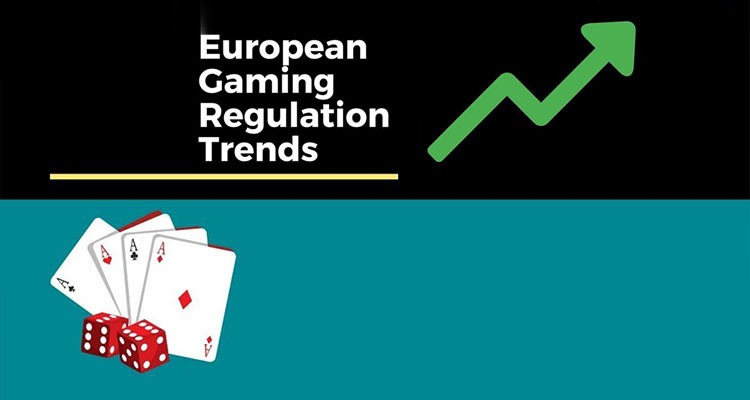The 21st century has so far been an era of technology when successive innovations have been made possible. Apart from these various advancements, Europe also focuses on establishing a deeper initiative to regulate the gambling area in the current century. Everything has changed or enhanced to make the gambling regulation work better to the intended audience.
Providing the most accurate and up-to-date laws is the main purpose of European gaming regulation. For those who are involved in the gambling sector in this continent, it is time they were aware of the trends in European gaming regulation.
Customer protection
Player protection is such an important and serious matter for the gambling industry as scams are becoming less common in this field. When it comes to customer protection, the first name that comes to mind is the gambling regulator. Despite being tied regarding the economic significance, European countries are independent in the way they regulate their gambling industry. In fact, each nation has established its gambling legislation to protect the gamblers as well as promote a responsible gambling environment.
Nonetheless, the European Gaming and Betting Association (EGBA) was created to license and regulate the gambling industry within the EU (European Union). This Brussels-based trade organization aims to work together with EU authorities and other gambling watchdogs in the goal to offer a high level of customer protection.
More taxes and fines
Europe is a great location to gamble fairly and securely. Not only is this sphere completely legal and fully regulated there but the players also able to withdraw their winnings freely. New regulations related to the tax have been launched in which the operators have to pay more taxes. That’s why many operators switch to crypto transactions in order to reduce the fees. However, gambling tax on gamblers is free in some nations, like the United Kingdom or Italy, but in other countries, including France, the players have to deal with taxes.
Concerning the fines, new regulations to implement stricter measures have also been applied to protect the players. The gambling companies will, hence, be handed big fines over failure to protect their customers. It is worth mentioning that the fines against gambling operators have risen significantly over the last five years.
Responsible gambling politics
The campaign to promote responsible gambling among customers is also a trend in the gambling regulation in Europe. This politics aims to tackle gambling addiction and underage online gambling. Free independent organizations and other associations were launched to help compulsive gamblers as well as minimize gambling-related problems.
Some of them are well-reputed to offer the best and effective schemes created to reduce gambling harms. For example, in the UK, a well-known program called GamStop is compulsory for every licensed gaming and gambling operator. This self-exclusion scheme is for gamblers who feel to experience gambling addiction by prohibiting themselves from the licensed betting websites.
Advertisement ban
Gambling ads are likely to increase gambling problems, especially among minors and vulnerable people. Some nations have applied a complete or partial ban on advertising for gambling brands. In Italy, the rules to prohibit gaming advertisements came into effect on January 1, 2019. Nevertheless, recently, the Italian advertising and communications regulator Autorità per le Garanzie nelle Comunicazioni (AGCOM) has published a new rule in which the advertisers can comply with this guidance. This way, regulated and non ADM casinos aren’t able to advertise themselves directly on the Internet, TV, and other media resources.
Furthermore, Sweden has also set up a new statute of conduct in terms of ads. The national gambling trade associations Branschföreningen för Onlinespel (BOS) and Spelbranschens Riksförbund (SPER) have established this new code that limits the gambling ads. In other nations, broadcasters and gambling operators must agree to a number of limited restrictions on advertising.
Pressure on offshore operators
The remote betting and gaming companies have increased in some parts of Europe. These offshore operators experience substantial change from the regulatory authorities. Some of them are victims of pressures like financial blocking, stricter laws, and higher gambling tax rates. In fact, the more operators sell or advertise their products in European countries, the higher the pressure they will face.
Aside from obtaining a license from the national regulator, overseas firms often get unfair benefits compared with the home gambling companies. This pressure has become a trend among the offshore companies, which operate in Europe.
Read more: Best iGaming Aggregators













